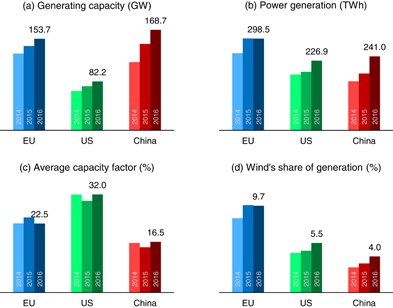
Climate Hawk. Anyone who takes problem seriously is a friend of mine. Expert in nothing, interested in everything.
How to get URL link on X (Twitter) App

https://twitter.com/JesseJenkins/status/986305361991913472I'll bring us back to Phil 101, P1 + P2 = C, and you can tell me if I'm wrong on my premises or if my arg is invalid:


 Source = Ch. 9 of 1990 book, The Nuclear Energy Option: An Alternative for the 90s, Bernard L. Cohen, Prof. Emeritus of Physics, U. of Pitt. To my rube eyes, book appears well sourced/reasoned, at least for reasonably credible back-of-napkin narrative. Grain of salt & all that
Source = Ch. 9 of 1990 book, The Nuclear Energy Option: An Alternative for the 90s, Bernard L. Cohen, Prof. Emeritus of Physics, U. of Pitt. To my rube eyes, book appears well sourced/reasoned, at least for reasonably credible back-of-napkin narrative. Grain of salt & all that